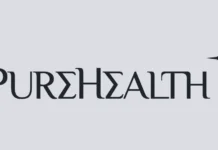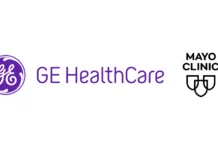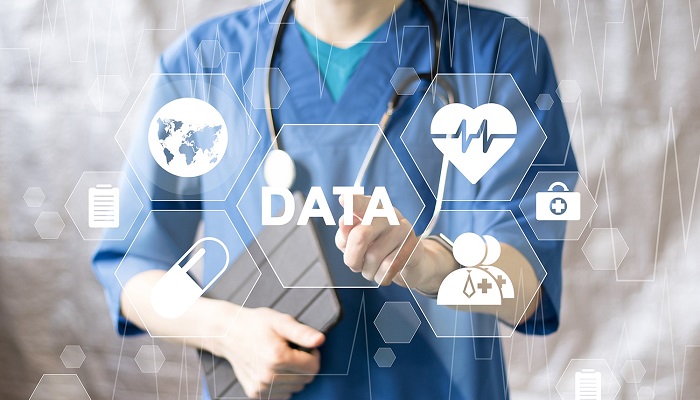It is worth noting that the council negotiators have gone on to agree on the creation of a European Health Data Space so as to ease access when it comes to personal health data as well as boost secure sharing in terms of public interest.
Apparently, the provisional political agreement on European Health Data Space- EHDS, reached early on March 13 by Parliament as well as the Belgian Presidency of the Council, goes on to underscore that patients will be able to access personal health data electronically throughout the EU’s varied healthcare systems. The bill also goes on to give health professionals access to patients’ data, which is strictly based on what happens to be necessary for a said treatment, and the patients will also be able to download their health record and that too free of charge.
Electronic health records- EHR would have in them patient summaries, medical imagery and laboratory results, and electronic prescriptions.
Every country would go ahead and establish national health data access services that are based on the MyHealth@EU platform. The law would also go on to create a European electronic health record exchange format as well as outline rules when it comes to data quality, security, and the interoperability of EHR systems, which will be tracked by national market surveillance authorities.
Data-sharing when it comes to the common good with safeguards
The EHDS would enable anonymized or pseudonymized health data, such as health records, pathogens, clinical trials, health claims as well as reimbursements, genetic data, public health registry data, wellness data, and also information on healthcare resources, expenditures, and financing, to be shared when it comes to public interest purposes. These reasons would go on to include innovation, research, policymaking, education, and patient safety.
Data sharing for advertising or even evaluating insurance requests will then be prohibited. At the time of negotiations, MEPs went on to ensure that secondary usage would not be allowed with regards to decisions when it comes to labor markets, such as job offers and lending conditions, as well as other kinds of discrimination or profiling.
Robust safeguards when it comes to sensitive data
The law makes sure that patients will indeed have a say in how data is used and even accessed. They must be made aware each time their data gets evaluated, and they will even have the right to request or even correct the incorrect data. Apart from this, the patients will also be able to go ahead and object to healthcare professionals evaluating their data in terms of primary use, except where it is mandatory for safeguarding the prominent interests of the data subject or even another person. MEPs went on to secure the right for patients so as to opt out of secondary usage, with certain sort of exceptions for public-interest, policy-making, or even statistics purposes, as well as safeguards for intellectual property rights and trade secrets when the relevant data gets shared in terms of secondary use.
It is well to be noted that the national data protection authorities will go on to track enforcement when it comes to health data access rights and will be empowered so as to issue fines in any event of shortcomings.


















